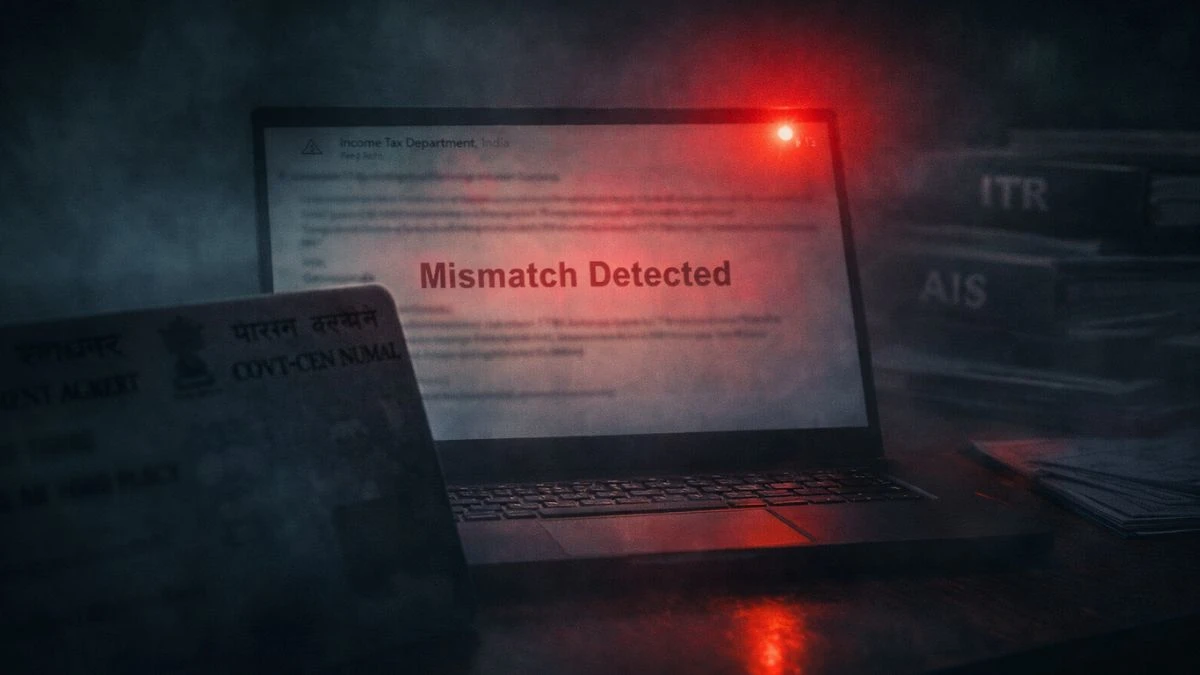
A significant step towards curbing spam and telecom fraud has been taken with the launch of a pilot project aimed at providing consumers complete digital control over commercial calls & messages. The initiative, led by the Telecom Regulatory Authority of India (TRAI) and the Reserve Bank of India (RBI), is designed to replace unreliable offline consent mechanisms with a secure, tamper-proof framework that allows users to digitally manage their preferences for promotional communications.
The Pilot Program: Empowering Consumers with Digital Consent
The pilot project brings together some of the biggest names in banking & telecommunications, including SBI, ICICI, HDFC, Axis Bank, PNB, Canara Bank, and Kotak Mahindra Bank, as well as leading telecom service providers. This collaboration will allow users to register, review, and revoke their consent digitally, giving them more control over unwanted communication and reducing the risks of spam calls & fraudulent activities.
To ensure smooth implementation, four dedicated working groups have been set up to handle technical operations, ensure seamless implementation, and raise public awareness about the new system. A key part of the preparations included a workshop held on July 21, where all stakeholders came together to align on the standards & timelines for acquiring digital consent.
A Collaborative Effort to Tackle Telecom Fraud and Spam
The launch of this pilot is a crucial part of the government's ongoing efforts to fight telecom fraud, spam, and infrastructure misuse. A high-level meeting hosted by TRAI on July 23, 2024, brought together representatives from key regulatory bodies, including RBI, SEBI, IRDAI, PFRDA, MeitY, the Department of Telecommunications (DoT), the Ministry of Home Affairs (MHA), and the National Payments Corporation of India (NPCI). This collaboration, known as the Joint Committee of Regulators (JCoR), is focused on a coordinated approach to combat fraud and improve consumer protection in an increasingly digital world."
Anil Kumar Lahoti, Chairman of TRAI, emphasised the importance of cross-sector collaboration to enable safe and secure digital services. He pointed out that while combating spam and fraud is a top priority, it should not place an undue burden on legitimate businesses. He urged regulators to fast-track the implementation of this initiative and to closely monitor its progress.
The Shift to New Telecom Number Series
During the meeting, another significant decision was made regarding the transition of transactional and service calls in the banking and financial sectors to a new 1600-number series. This shift aims to reduce spam and ensure that consumers can more easily identify legitimate communications from financial institutions. The transition will be phased out based on each sector's readiness, and specific timelines will be developed in consultation with the relevant regulators.
Combating Cyber Fraud Through Real-Time Data Sharing
A key part of the new initiative involves the integration of data systems related to cyber fraud & spam. The Indian Cyber Crime Coordination Centre (I4C), DoT’s Digital Intelligence Platform, and telecom operators’ blockchain-based Distributed Ledger Technology (DLT) platforms will be connected. This will enable real-time sharing of information, making it easier to take swift action against fraud, including disconnecting telecom services being misused for fraudulent activities."
Protecting Enterprise Telecom Lines from Misuse
The misuse of SIP (Session Initiation Protocol) and PRI (Primary Rate Interface) enterprise telecom lines for bulk spam campaigns has also been a concern. The committee discussed potential safeguards to ensure these lines are used responsibly. One option under consideration is to restrict these lines to designated number ranges, further preventing their misuse for spam.
Enhanced Transparency for Consumers
As part of the pilot program, TRAI has also revamped its SMS header lookup portal, smsheader.trai.gov.in, which allows consumers to identify the entities behind specific promotional or transactional messages. This transparency will help users avoid falling victim to fraudulent messages & scams."
NPCI Joins the Fight Against Telecom Fraud
Given the sharp rise in fraud, especially targeting UPI and mobile payment platforms, the NPCI has officially joined the JCoR as a strategic stakeholder. This addition brings a much-needed digital payments perspective to the broader initiative, ensuring that the digital payment ecosystem is well-integrated into the fight against telecom fraud and spam.
Conclusion: A Safer Digital Communication Environment
The digital consent pilot launched by TRAI and RBI marks a major step forward in empowering consumers with control over their communication preferences, reducing the risk of fraud, & improving transparency. With a collaborative approach involving key financial and telecom regulators, this initiative promises to significantly improve the safety and security of digital communications in India. As the project progresses, it will be closely monitored to ensure it achieves its goals of curbing spam and telecom fraud, providing a safer digital environment for all users.











